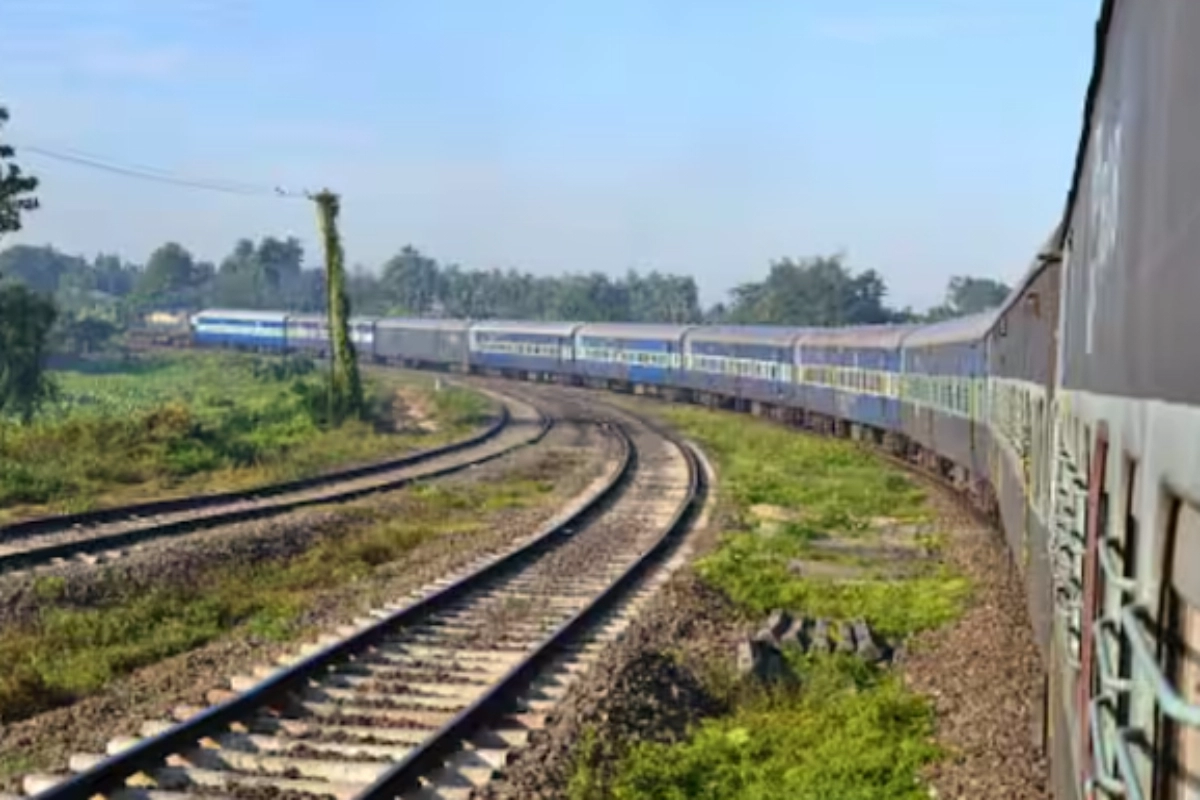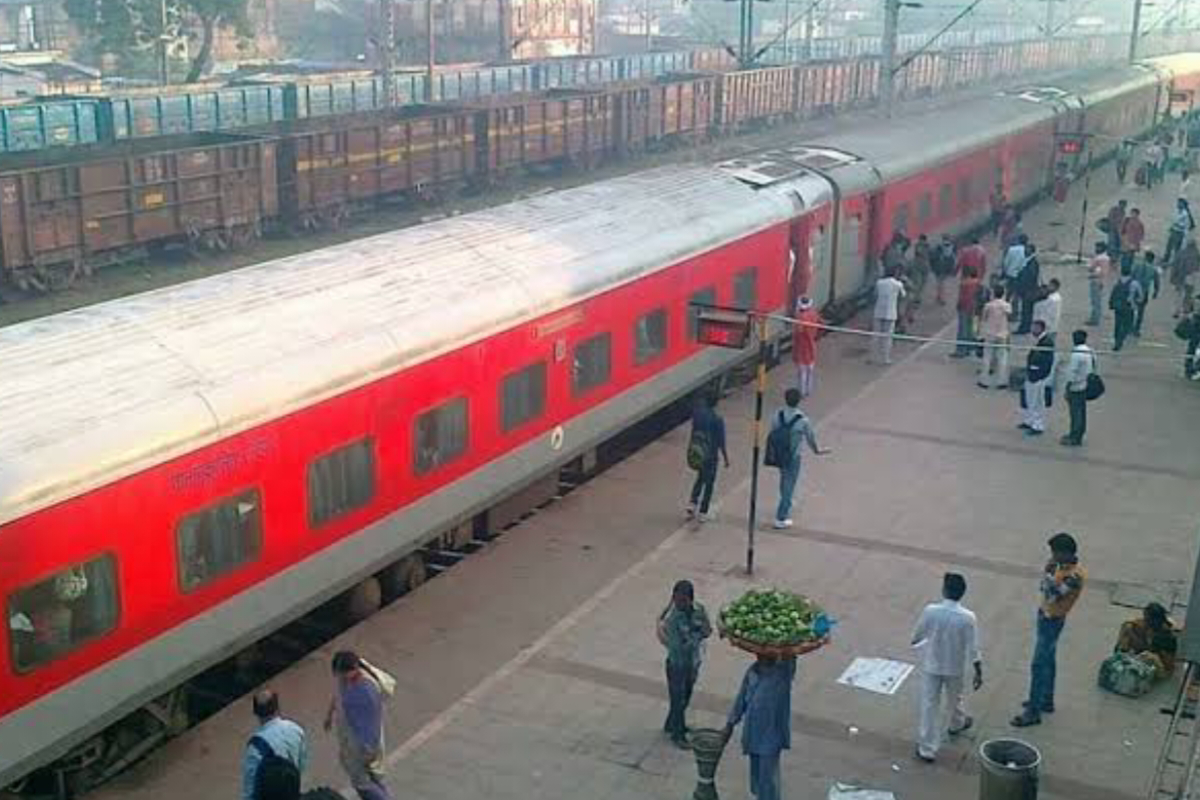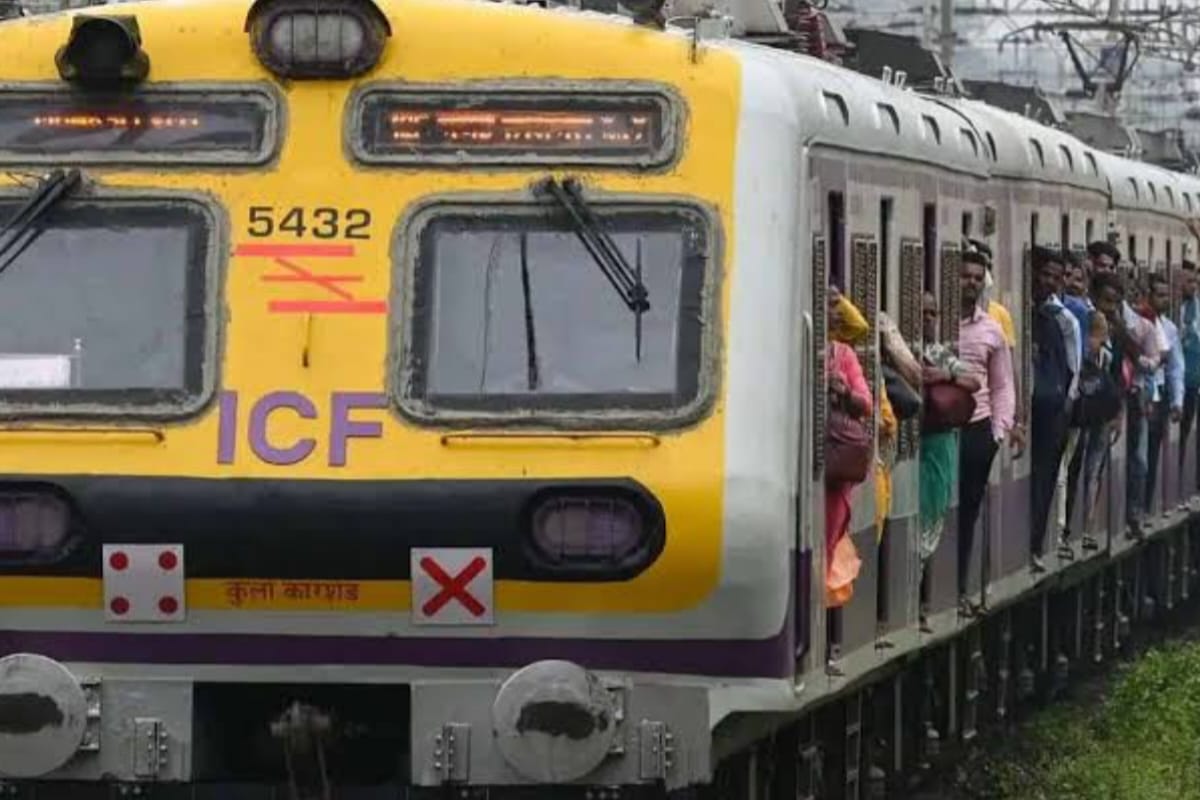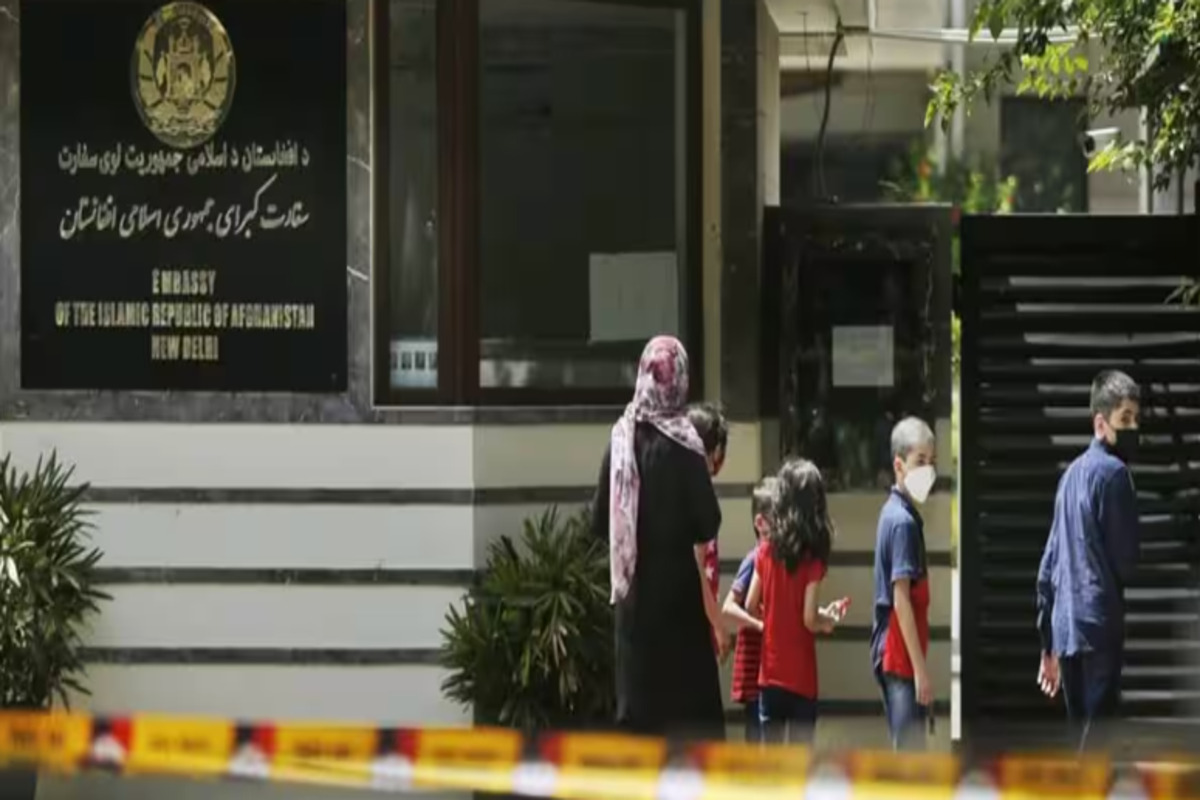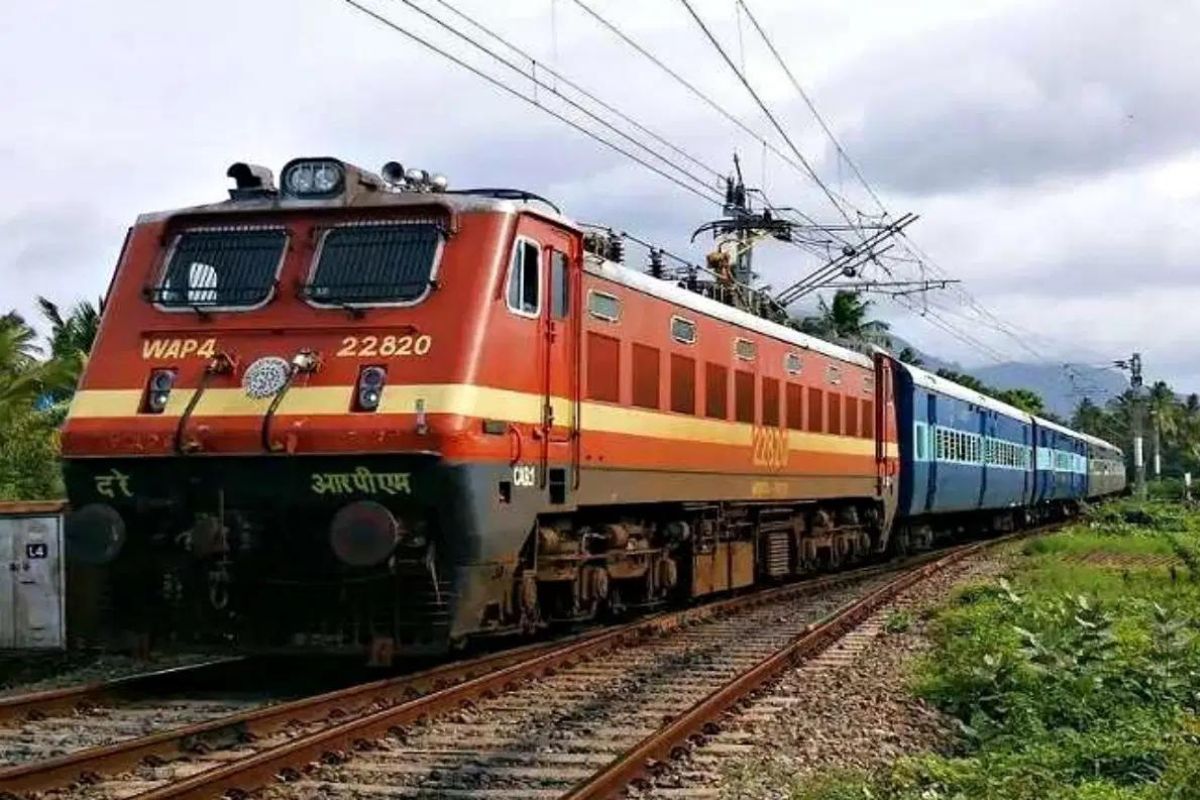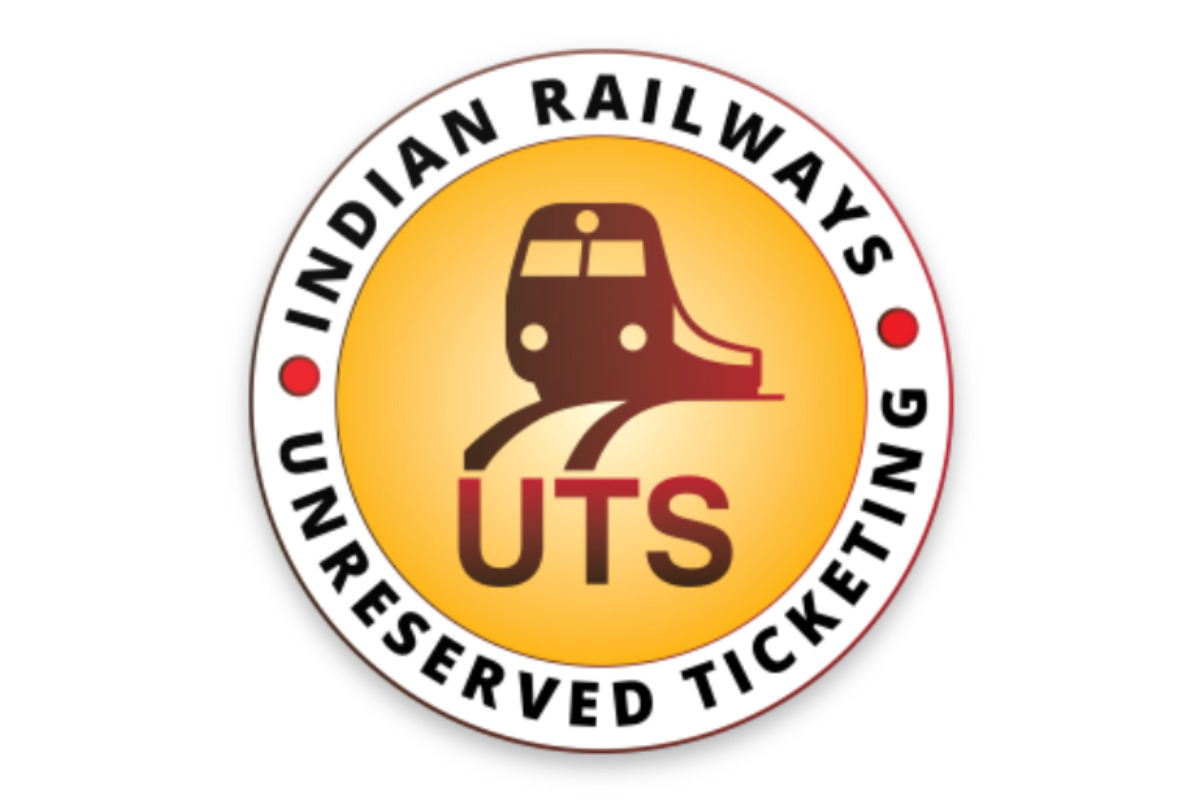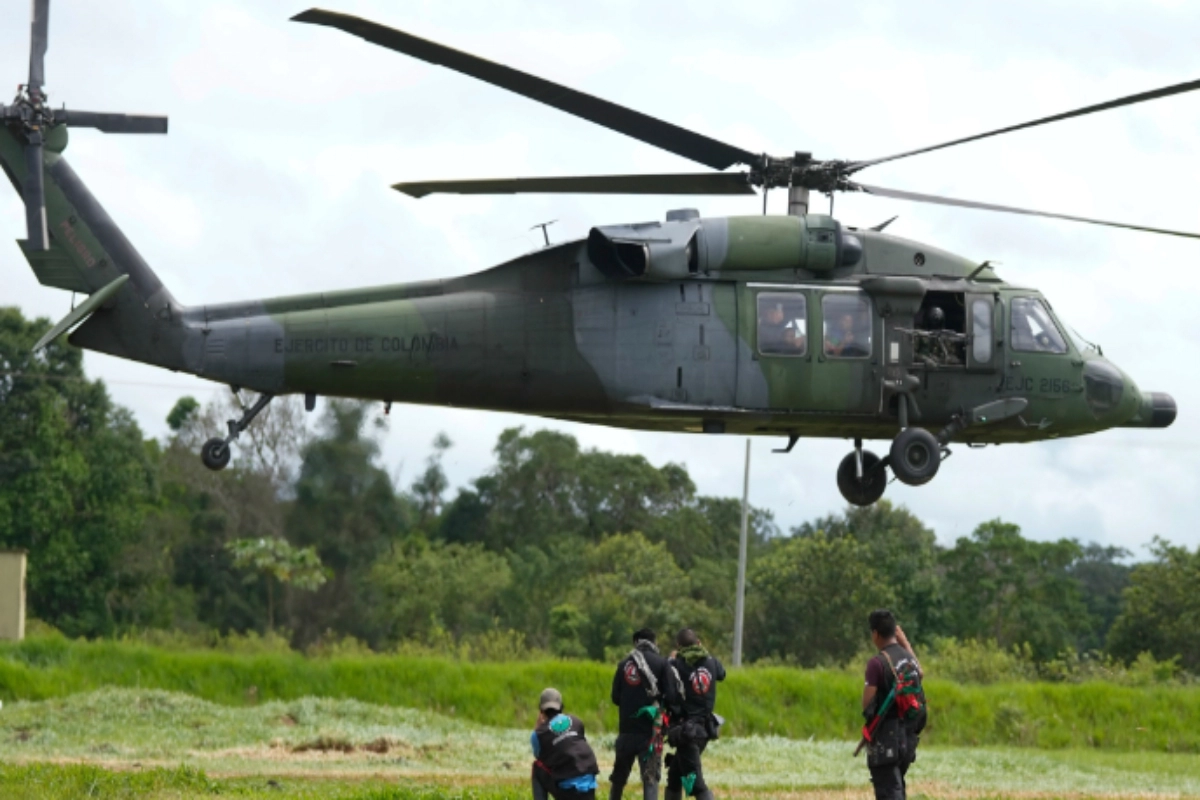New Delhi: The Narendra Modi administration’s special fund, established in 2017 to increase rail safety, was improperly utilised to purchase foot massagers, dinnerware, electrical appliances, furniture, winter coats, computers, and escalators, as well as to cultivate gardens, construct restrooms, pay wages and bonuses, and erect a flag. The gruesome information is concealed in a report on derailments in Indian Railways that the Comptroller and Auditor General (CAG) submitted in December 2022.
Audit Reveals Rs 48.21 Crore Misallocated from Safety Fund
A random audit review of 11,464 vouchers for a 48-month span from 2017–18 to 2020–21, covering two chosen divisions of each zonal railway, revealed “incorrect bookings of expenditure” totaling Rs 48.21 crore under the safety fund. These four months were December 2017, March 2019, September 2019, and January 2021. It’s possible that this is just the beginning of a story of villainy and dishonesty that has undermined the ideals that led to the establishment of the Rashtriya train Sanraksha Kosh (RRSK), a fund specifically intended to increase train safety.
Former Finance Minister’s Vision for Railway Safety Fund Derailed
Then-finance minister Arun Jaitley had stated: “A Rashtriya Rail Sanraksha Kosh will be constituted with a corpus of Rs 1 lakh crore over a period of five years for passenger safety. The railways will organise the remaining resources from their own income and other sources in addition to the government’s seed money. The way the fund was established and the money distributed to fund someone’s whimsy for fripperies and a concertina of low-priority, safety-related spending is where the problems that have enveloped a rickety railway system, hailed as the third largest in the world, originated. The CAG audit highlights the railways’ top brass’s callous disregard for the most important component of operating 22,593 trains carrying 2.4 crore people and 9,141 additional cargo trains daily across 114,907km of rail network. The first section of the CAG report highlights a 2015 white paper on Indian Railways that suggested that 4,500 km of the 1.14 lakh km of railway network’s rails be renewed each year. This was one of the main motivations behind the formation of the safety fund RRSK.
CAG Audit Reveals Challenges in Railway Safety Fund Allocation
The Railway Safety Fund (RRSK) has been poorly funded and managed, according to a recent audit from the Comptroller and Auditor General (CAG). An annual budget of Rs 20,000 crore was originally planned, of which Rs 15,000 crore would come from the federal government and Rs 5,000 crore from the railways’ own resources. The railroads, however, were only able to contribute Rs 4,225 crore over the course of four years, leaving a huge deficit of Rs 15,775 crore or 78.9%. The CAG stated that the main goal of maintaining railway safety was undercut by this failure to distribute funding. The research also showed a rising tendency of expenditure on non-priority projects, which was against the rules for using RRSK funds. The cost of track renewal projects decreased as well, and numerous zonal railways returned unused cash. The report’s overall findings highlight the RRSK’s poor financial management and inefficient use of resources, which raises questions about the safety precautions taken by the railway.
Must Read: Donald Trump Accused of Sharing Classified Map, Ignoring Justice Department’s Requests
CAG Report Exposes Causes and Trends in Railway Accidents
The Comptroller and Auditor General (CAG) study states that derailments accounted for 69% of India’s 2,017 railway accidents between 2017 and 2021. The proportion of derailments and collisions jumps to 80% when only “consequential” events resulting in fatalities are taken into account. In 16 Zonal Railways (ZRs), 1,129 inquiry reports of derailment incidents were analysed for this report, and 24 reasons were found to be accountable for these accidents, with track maintenance and deviation of track characteristics outside of permitted limits being the main causes. Loco pilots and the mechanical department were also mentioned as contributing elements. 84% of incidents attributable to the operating department were caused by faults with point setting and other shunting activities. Furthermore, 289 derails throughout the same period were attributed to track renewals. The railway ministry gave a thorough response during the ensuing monsoon session after the report was introduced in Parliament in December.
Keep watching our YouTube Channel ‘DNP INDIA’. Also, please subscribe and follow us on FACEBOOK, INSTAGRAM, and TWITTER


